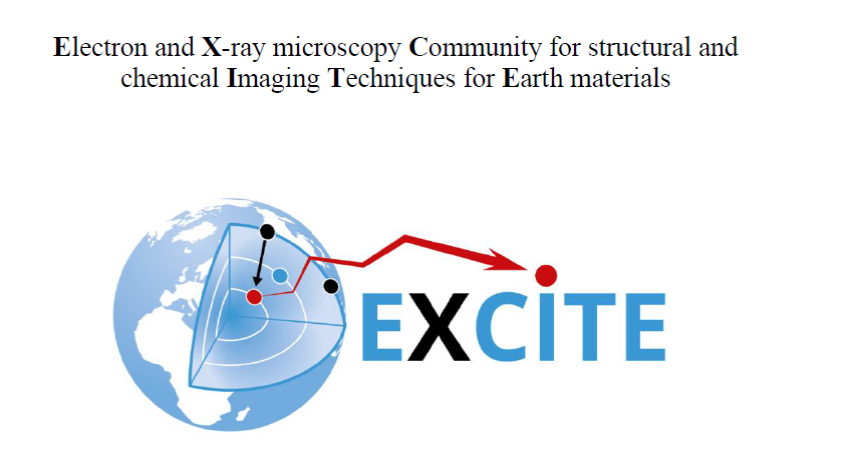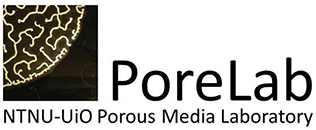
The X-ray group at the department of Physics, NTNU, joined the consortium established by 15 European Universities and research centers, entitled EXCITE (Electron and X-ray microscopy Community for structural and chemical Imaging Techniques for Earth materials). The project EXCITE is organised under the European program H2020-INFRAIA-2020. It is coordinated by the University of Utrecht, The Netherlands.
The objectives of the EXCITE project is to establish an European research infrastructure with focus on earth-materials science and technology. The consortium consists of 15 European facilities specializing in electron and X-ray microscopy with a collective objective to develop correlative imaging technologies and provides access to world-class facilities, particularly to new and non-expert users.
Abstract: Understanding earth materials is critical to creating a sustainable, carbon-neutral society due to their involvement in many vital processes. Earth materials control the feasibility of subsurface energy storage, geothermal energy extraction, and are a source of critical elements for future-proof battery technologies. However, perturbations to geological systems can also result in hazards, such as human induced earthquakes. If we want to tackle the current, pressing scientific questions related to sustainable development for a circular economy, there is an urgent need to make multi-scale, multi-dimensional characterisations of earth materials available to a broad spectrum of earth science disciplines. In addition to the society relevant topics, the properties of earth materials determine how the Earth works on the most fundamental level. To overcome this challenge, 15 European facilities for electron and X-ray microscopy join forces to establish EXCITE (Electron and X-ray microscopy community for structural and chemical imaging techniques for earth materials). The collective aim of the EXCITE starting community is to enable access to high-end microscopy facilities and to join the knowledge and experience from the different institutions. By doing so, EXCITE will develop community-driven technological imaging advancements that will strengthen and extend the current implementation of leading-edge microscopy for earth-materials research. In particular, the EXCITE strategy is to integrate joint research programmes with networking, training, and transnational access activities, to enable both academia and industry to answer critical questions in earth-materials science and technology. As such, EXCITE builds a community of highly qualified earth scientists, develops correlative imaging technologies and provides access to world class facilities to particularly new and non-expert users that are often hindered from engaging in problem solving microscopy of earth materials.
Participants:
1 UNIVERSITEIT UTRECHT, The Netherlands
2 UNIVERSITEIT GENT, Belgium
3 HELMHOLTZ-ZENTRUM DRESDEN-ROSSENDORF EV, Germany
4 HELMHOLTZ ZENTRUM POTSDAM DEUTSCHESGEOFORSCHUNGSZENTRUM GFZ, Germany
5 UNIVERSIDAD DE GRANADA, Spain
6 CENTRE NATIONAL DE LA RECHERCHE SCIENTIFIQUE CNRS, France
7 UNIVERSITETET I OSLO, Norway
8 UNIVERSIDADE DA BEIRA INTERIOR, Portugal
9 THE CHANCELLOR MASTERS AND SCHOLARSOF THE UNIVERSITY OF CAMBRIDGE, UK
10 UNIVERSITE GRENOBLE ALPES, France
11 UPPA, France
12 ISTITUTO NAZIONALE DI GEOFISICA E VULCANOLOGIA, Italy
13 TECHNISCHE UNIVERSITEIT DELFT NL
14 NORGES TEKNISK-NATURVITENSKAPELIGE UNIVERSITET NTNU, Norway
15 THE UNIVERSITY OF EDINBURGH, UK
Contact at NTNU: Basab Chattopadhyay (basab.chattopadhyay@ntnu.no), Dag Werner Breiby (Dag.Breiby@ntnu.no), Ragnvald Mathiesen (ragnvald.mathiesen@ntnu.no)
